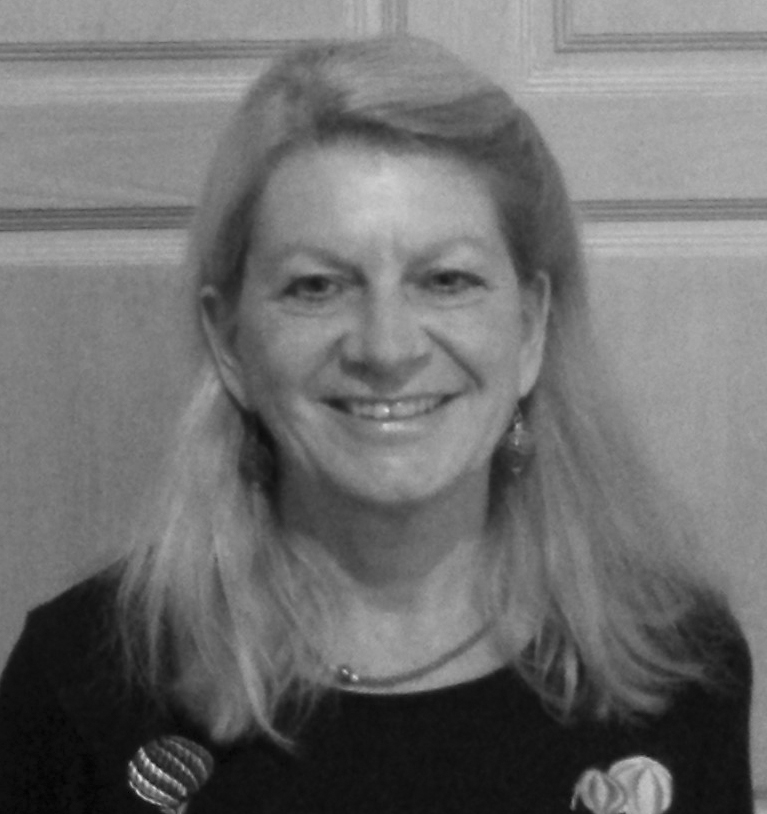13 October 2022
The Ideologies of the Few
Free speech and intolerance.
By Lynda Goetz

Whilst the Ukrainians fight for their lives and their land, all sorts of other more trivial wars are being fought here at home. They may start off as wars of words, but many end up becoming bitter, venomous and in some cases seriously damaging to those involved. Not damaging in a physical sense, but reputationally and mentally, undermining the self-esteem, careers and work of those affected.
In the last couple of years, there have been serious differences at the Society of Authors (SoA), the literary trade Union which has represented writers since the end of the 19th C. Most people are probably aware of the trolling and unpleasant Twitter attacks which have been directed at the Harry Potter author J.K. Rowling because of her public defence of the concept of biological sex. Fewer might be aware of the attacks on former teacher Kate Clanchy, author of Some Kids I Taught and What They Taught Me, winner of the 2020 Orwell Prize for Political Writing but later forced by her publisher to apologise and rewrite sections of the book (before they parted company with her altogether) on the grounds they were racist and ‘ableist’. Philip Pullman, renowned author of the His Dark Materials trilogy also appears to have fallen foul of the current zeitgeist and resigned from the honorary role of President of the SoA in March, complaining of the ‘assiduous work of the management committee in examining my shortcomings and urging me to apologise for something I haven’t done’. Publisher and writer Carmen Cahill, a member of 30 years, has also resigned because ‘I couldn’t get them to budge on defending Kate Clancy and Philip Pullman when they were monstered on the internet’. The SoA did not support J. K. Rowling, although it did support Salman Rushdie.
Cahill felt that the SoA was failing in its own stated aim ‘to protect free speech’. Free speech has been seriously under threat for the last decade and the threat appears to be increasing not declining. Last week at the Chelmsford Literary Festival, author Ian McEwan defended the Harry Potter author saying that her views were ‘not worth death threats’. It is almost hard to know how to react to such a comment. How on earth can a woman stating that biological sex is real, result in her being labelled transphobic and receiving death threats? The response to the perceived insult or ‘wrong’ point of view is out of all proportion to the opinion held and the statements made. McEwan does go on to say that “The culture seems to have forgotten how to disagree, often threatening death against figures like JK Rowling, on issues about which they could be having discussions. They have got to be worked out, yes, but are hardly worth a death threat.” This is a statement of the blindingly obvious and yet we live in a society where someone feels they need to stand up and make it. How on earth have things been allowed to get this bad? Why and how have we reached this point?
We do appear to have lost all sense of proportion over so many issues. Is it really alright for the leader of a national party to state and to reiterate that she ‘detests’ the Tories? These are strong words and although Nicola Sturgeon, head of the Scottish National Party (SNP) is free to say them, the fact that she feels free to do so is symptomatic of a society where aggression, bitterness, viciousness and blame appear to hold sway over rational discussion and the much-vaunted characteristic of kindness. Kindness is talked about a great deal and yet those who refer to it endlessly (naming no names) seem to show very little of it at the end of the day.
Only a couple of days ago the National Education Union’s trans and non-binary network proposed another new definition of transphobia. This draft proposal wants transphobia to be defined as, inter alia, “rejection of trans identity and a refusal to acknowledge that those identities are real or valid” or the “incorrect use of pronouns” and “propagating ideas, concepts and misinformation harmful to trans people and which erase and ignore trans history, such as trans as an ideology or contagion”. It has also put forward the suggestion that expecting a trans person ‘“to participate in discussion or debate about their rights and/or identities” is transphobic. Even some who consider themselves left-wing have conceded that this could result in a serious infringement of free speech and result in teachers becoming too scared to speak up. Debbie Hayton, a transgender woman teacher and journalist who opposes self-identification, wrote a year ago questioning the role of the NEU in defining transphobia. Her interview with Max James on Talk Radio (which you can find on YouTube) questioning the ideology of those who ‘talk twaddle’ and cannot see the simple fact that ‘The reality is that there are two sexes. Male and female’, is wonderful for the clarity with which a trans person trashes the nonsense talked around the subject and dismisses with a wry smile those celebrities (and radio journalists) ‘who understandably do not want to be cancelled’. Sadly however, hers seems to be something of a lone voice in a world where the ideology (often of those not themselves directly affected) has taken over from rational debate, discussion and intelligent thinking.
The role of teachers and schools in the current ideologies is a matter of concern. Only last week, Hatcham College, a state secondary school with academy status, blocked parents from viewing the content of sex education material provided by an external provider, The School of Sexuality Education (SoSE) with links to the controversial charity Mermaids. The material urged children to become ‘transgender allies’ and encouraged children to watch Netflix productions, one decrying ‘heteronormativity’ and another rated 18+. After a parent submitted a Freedom of Information Request asking for lesson plans and slides from SoSE, the Information Commissioner’s Office (ICO) decided that revealing this information would represent a “breach of confidence”. This approach is bizarre, alarming and undermining of family – something in which the Tory party claims to believe and supposedly support.
Those who believe that debate and discussion are important need to make our voices heard much more loudly. In allowing a minority of those who wish to ‘decolonise’ the curriculum and talk about ‘heteronormativity’ as if it is a failing or at least a failure to reach out, we are heading rapidly towards a society where free speech is a freedom of the past and the ideologies of the few trump the beliefs and attitudes of the majority.


